MANCHESTER, UK: From a review of studies on different kinds of toothbrushes, researchers from the UK have found that electric toothbrushes are more effective at removing dental plaque, which may play a key role in maintaining oral health. In addition, they found that electric toothbrushes that use oscillating-rotating technology are the most effective.
The review included 56 randomised controlled trials that followed over 5,000 children and adults who used either electric or manual toothbrushes for at least four weeks. The studies were conducted between 1964 and 2011.
Overall, the researchers found that electric toothbrushes better reduced plaque and gingivitis in both short- and long-term use compared with manual toothbrushes. Individuals who used electric toothbrushes showed an up to 21 per cent reduction in dental plaque and an up to 11 per cent reduction in gingivitis after three months of use. However, the benefits of this for long-term dental health remain unclear, the authors stated.
With regard to differences in brush head movement, the researchers found that oscillating-rotating brush heads contributed the most to reducing plaque and gingivitis in both the short and long term. Over 50 per cent of the studies included focused on oscillating-rotating technology.
The study, titled “Powered versus manual toothbrushing for oral health”, was conducted by the Cochrane Oral Health Group, one of 53 review groups worldwide belonging to the Cochrane Collaboration, an international non-profit organisation that provides up-to-date information about the effects of health care. The current study is the latest update of a review first published in 2003. It was published online on 17 June in the Cochrane Database of Systematic Reviews 2014.
BRIGHTON, UK: Students, apprentices and volunteers from Brighton in South England have built a house completely made of waste. Among DVDs, jeans and many ...
The provision of orthodontics can be a life-changing experience for young patients whose “crooked” teeth can affect their confidence and ...
LONDON, UK: NHS England has launched its new ten-year plan, which focuses heavily on early detection, primary care and prevention. Despite the public health...
CARDIFF, Wales: A new qualitative study has found that many dental patients in Wales remain unclear about the different roles within National Health Service...
Dental professionals should be empowered to instruct and motivate their patients to maintain proper oral hygiene. ITOP, short for individually trained oral ...
WINCHESTER, UK: Brush-Baby, a UK-based specialist in children’s dental health care products, has announced the launch of BABYSONIC, the smallest ...
LONDON, England: Previous research has shown that, when combined, dental epithelial and mesenchymal cells can form tooth-like structures in vitro called ...
LONDON, England: In the Global North, HIV/Aids is often seen as a historic problem; however, as UNAIDS Executive Director Winnie Byanyima stressed in a new ...
BERLIN, Germany: Now is an exciting time for dentistry. Technological innovations lie at the heart of the profession and are significantly advancing ...
BORDEAUX, France: Research on children with severe or complex obesity suggests that oral health is often sidelined, despite its close links to overall ...
Live webinar
Tue. 24 February 2026
6:00 pm UTC (London)
Prof. Dr. Markus B. Hürzeler
Live webinar
Tue. 24 February 2026
8:00 pm UTC (London)
Prof. Dr. Marcel A. Wainwright DDS, PhD
Live webinar
Wed. 25 February 2026
4:00 pm UTC (London)
Prof. Dr. Daniel Edelhoff
Live webinar
Wed. 25 February 2026
6:00 pm UTC (London)
Live webinar
Thu. 26 February 2026
1:00 am UTC (London)
Live webinar
Tue. 3 March 2026
4:00 pm UTC (London)
Dr. Omar Lugo Cirujano Maxilofacial
Live webinar
Wed. 4 March 2026
1:00 am UTC (London)
Dr. Vasiliki Maseli DDS, MS, EdM



 Austria / Österreich
Austria / Österreich
 Bosnia and Herzegovina / Босна и Херцеговина
Bosnia and Herzegovina / Босна и Херцеговина
 Bulgaria / България
Bulgaria / България
 Croatia / Hrvatska
Croatia / Hrvatska
 Czech Republic & Slovakia / Česká republika & Slovensko
Czech Republic & Slovakia / Česká republika & Slovensko
 France / France
France / France
 Germany / Deutschland
Germany / Deutschland
 Greece / ΕΛΛΑΔΑ
Greece / ΕΛΛΑΔΑ
 Hungary / Hungary
Hungary / Hungary
 Italy / Italia
Italy / Italia
 Netherlands / Nederland
Netherlands / Nederland
 Nordic / Nordic
Nordic / Nordic
 Poland / Polska
Poland / Polska
 Portugal / Portugal
Portugal / Portugal
 Romania & Moldova / România & Moldova
Romania & Moldova / România & Moldova
 Slovenia / Slovenija
Slovenia / Slovenija
 Serbia & Montenegro / Србија и Црна Гора
Serbia & Montenegro / Србија и Црна Гора
 Spain / España
Spain / España
 Switzerland / Schweiz
Switzerland / Schweiz
 Turkey / Türkiye
Turkey / Türkiye
 UK & Ireland / UK & Ireland
UK & Ireland / UK & Ireland
 International / International
International / International
 Brazil / Brasil
Brazil / Brasil
 Canada / Canada
Canada / Canada
 Latin America / Latinoamérica
Latin America / Latinoamérica
 USA / USA
USA / USA
 China / 中国
China / 中国
 India / भारत गणराज्य
India / भारत गणराज्य
 Pakistan / Pākistān
Pakistan / Pākistān
 Vietnam / Việt Nam
Vietnam / Việt Nam
 ASEAN / ASEAN
ASEAN / ASEAN
 Israel / מְדִינַת יִשְׂרָאֵל
Israel / מְדִינַת יִשְׂרָאֵל
 Algeria, Morocco & Tunisia / الجزائر والمغرب وتونس
Algeria, Morocco & Tunisia / الجزائر والمغرب وتونس
 Middle East / Middle East
Middle East / Middle East




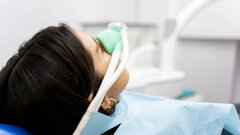






















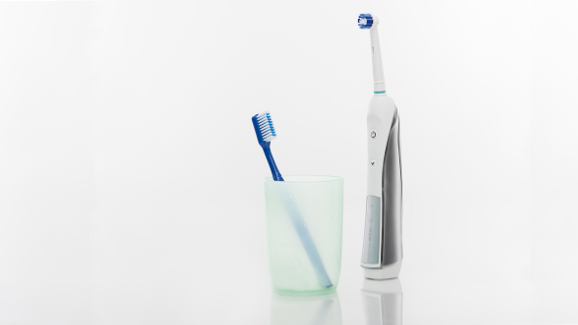




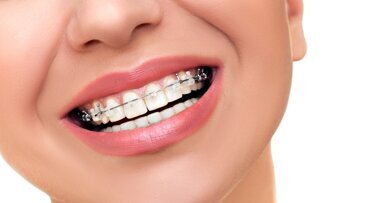

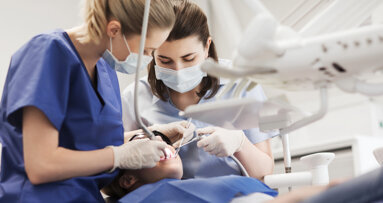


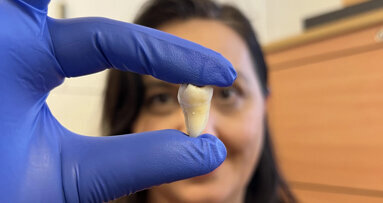
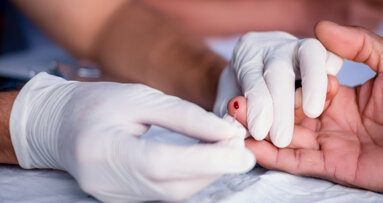











To post a reply please login or register